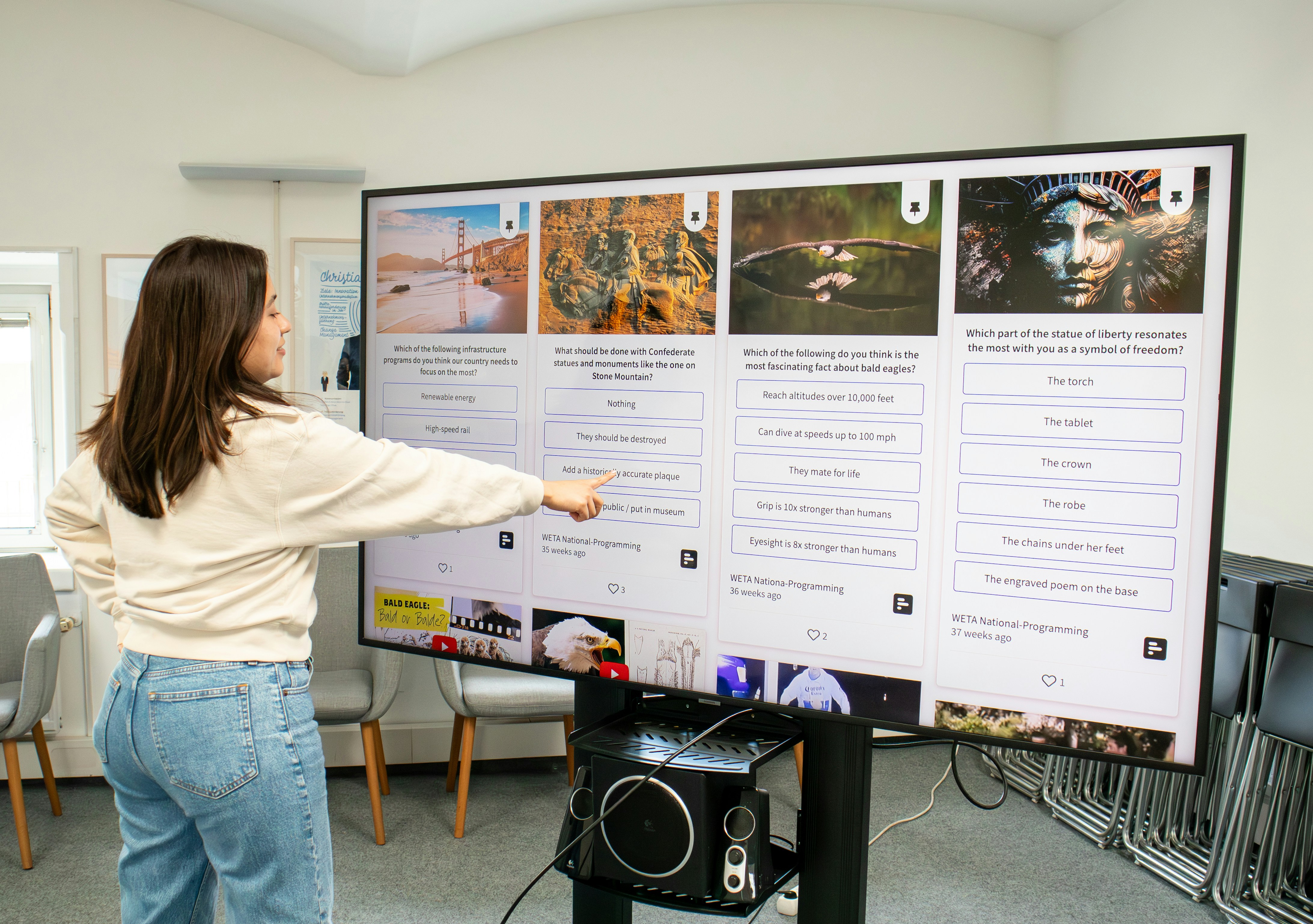From 6th to 9th May, the annual State of the Union conference took place in Florence, Italy.
I decided to check the event, in order to listen to some of Europe’s leading experts on security and ICT, and European policy makers, as well as to enjoy my beloved hometown for a few days.
The core message of State of the Union 2015 was the need of a balance between security (described in the fields of counter terrorism, urban security, cyber security and organised or serious crime) and the protection of fundamental rights, particularly the right to privacy and freedom of speech.
The first day of the conference was held at Badia Fiesolana, the XI. century monastery which hosts the European University Institute, organiser of the State of the Union. The conference opened with the description of the FP7 project SURVEILLE, which ended with the same event and provided EU policy makers with an innovative methodology aiming at categorising surveillance technologies according to their usability (a technological assessment including cost efficiency), moral risks (based on ethics assessments) and intrusiveness (based on an analysis of fundamental and human rights law).
The high quality of both panellists and the audience ensured a lively and thought-provoking discussion, which did not lack in criticisms and praises.
The afternoon offered parallel sessions on different fields of application of surveillance; because of Europa Media’s new interest in the field, I participated in “Privacy by design and its alternatives”, “Technology, Security and Freedom in an Urban Context” and “The Fourth Estate in the 'State of Surveillance'”.
During the first session, Ms Ann Cavoukian, Director of the Privacy and Big Data Institute at Ryerson University, explained the concept of “Privacy by Design”, which she conceived herself. It’s a very groundbreaking concept, which allows for a shift of mentality, from security at the expense of freedom (a zero-sum game) to security together with freedom (a win-win game), putting the two ideas at the same level. She was challenged by the other panellists, who dissented at some degree on the actual possibility of having both privacy and security at the same time. In any case, the examples Ms Cavoukian provided showed that programmers need to know all specifications while coding, and not later; applying privacy preferences on technological tools at this stage, therefore, might turn out to be the most efficient solution. For instance, law enforcement officers may carry out a profiling activity on social media, and obtain an 88% likelihood that a certain individual might be a terrorist. However, in order to acquire the actual data, the officer would first need a warrant from a judge.
The second panel was moderated by Mr Sebastian Sperber, Programme Manager at the European Forum for Urban Security; it also featured two mayors (of Florence and Rotterdam) and three regional decision makers.
Here, CCTVs were central, and panellists shared useful experiences in their cities/regions, showing what worked for them and the crucial role local authorities still hold, even when security strategies fall under national jurisdiction.
Finally, the third session on The Fourth Estate in the 'State of Surveillance' applied the problem of surveillance to journalism, especially investigative journalism. Ms Stefania Maurizi, among the panellists, is an investigative journalist for the Italian weekly magazine “L'Espresso”. She worked on the Wikileaks documents concerning Italy, and offered examples on her personal encounter with surveillance technologies while she was working on this case. She discussed on how easily meta-data alone can actually give a lot of information to officers, who do not even need content to know an individual’s whole life – as former Director of NSA and CIA General Michael Hayden said: “We killed people based on metadata”.
The second day of conference was held in Palazzo Vecchio, the history-laden, breathtaking city council of Florence, 716 years old.
This location gathered policy makers, both at national and EU level, as well as further academicians and representatives of civil society. While surveillance systems remained the red thread of the day, Mr Renzi (Prime Minister of Italy) and Ms Mogherini (High Representative of the European Union for Foreign Affairs and Security Policy) also delved into current challenges, such as migration, the illegal annexation of Crimea by Russia, and the economic insecurity, with their negative repercussions all over Europe.
The prestigious annual State of the Union Address was delivered by Martin Scheinin, project coordinator of SURVEILLE and professor of International Law and Human Rights Law. Summing up the project’s main points, Prof Scheinin also referred to the advances made by the EU in the field and to the next steps needed.
Among the major speakers in the afternoon were First Vice-President of the European Commission Frans Timmermans and Mr Gilles de Kerchove, Counter terrorism Coordinator for the EU Council.
By giving hints on the forthcoming EU Data Protection Regulation, still under negotiations, and referring to the recently published Agenda for EU Security, they both acknowledged how relevant a European approach still is, in that it offers a higher protection and efficiency than the sum of national legislations. Reference was also made to the need of a strengthened relation between the EU and the US, for instance on data protection, but also of a boost to EU’s competitiveness on internet technologies.
As we all know, a glass of good Chianti helps RELEASE stress and nervousness; it's not a chance that the aperitivo time with Italian tastings from local producers was the perfect opportunity for networking a bit!






